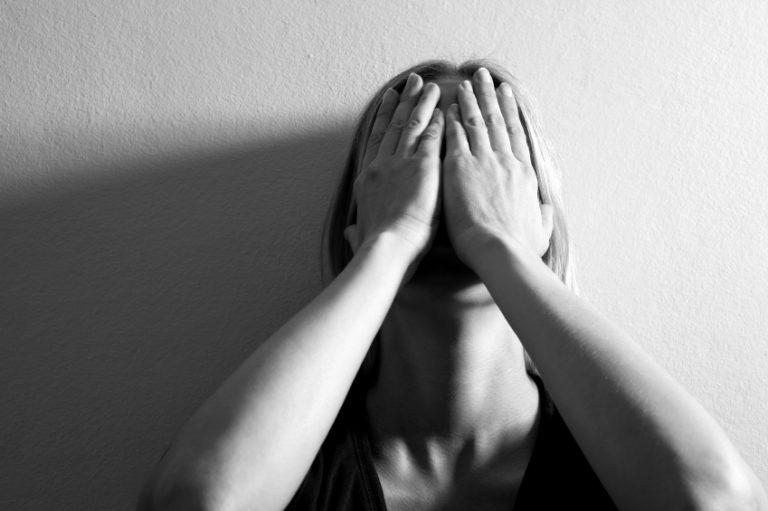A report by HM Inspectorate of Prisons reveals that HMP Eastwood Park has the highest level of self-harm cases across England and Wales.
The prison, which is based in south Gloucestershire and holds 353 women, has seen a 128% increase in the rate of self-harm since 2019. There had also been two deaths since the last inspection in October 2022.
The report raised ‘significant concerns’ that the last 10 months had seen over a 31% increase in staff using physical force against women who self-harmed or threatened to self-harm. About 40% of all force involved low-level techniques, such as guiding holds to promote compliance, but others involved full control and restraint techniques. However, the report did find some progress had been made as staff were demonstrating care, patience and compassion when de-escalating distressed women.
The report also found the prison had made ‘good or reasonable progress in most areas of identified concern’. For example, the prison had previously struggled to recruit and retain enough staff which meant women were given too little time out of their cells and were struggling to access the support they needed on a day-to-day basis. However, the latest inspection suggested that staff recruitment had been effective and retention rates were improving. Additionally, newly recruited prison officers were due to start soon, meaning the jail would be fully staffed.
Other issues raised in the report included claims from prisoners that they felt dismissed or ignored by staff, which was believed to be a factor contributing to the high rates of self-harm. The treatment and condition of women in one area of prison was described as ‘appalling’ and there was said to be deep concern about the welfare of officers working there. This was due to the complex nature of the women held that in that area. As discussed by BBC, the report found that acutely mentally ill women were still being sent to prison rather than being diverted to a care setting. This meant that prison staff and the mental health in-reach team were regularly left to support women with extremely challenging needs.
The report also found that ‘far too few women were involved in work, training or education’ and the education provider had not sought to ensure ‘the curriculum was suitable or that purposeful activity led to qualifications’. There was also insufficient support for women to maintain relationships with their children and families.
As reported in the BBC, the Chief Inspector of Prisons, Charlie Taylor, said that although the rate of self-harm was the highest in the women’s prison system, it had started to show signs of reducing. Furthermore, he said ‘improved staffing of residential units meant better time spent out of cells, there was better support to help women maintain contact with their children and families, and that managers were committed to improving the prison’s performance.’






